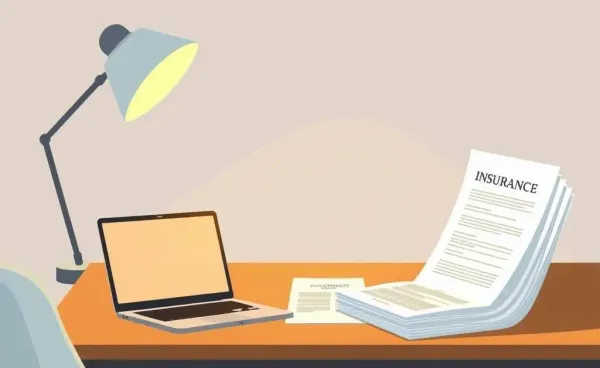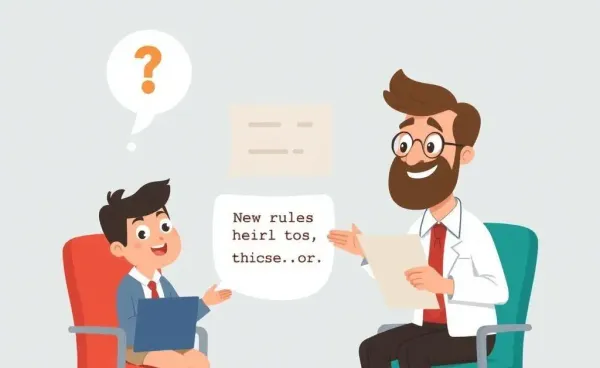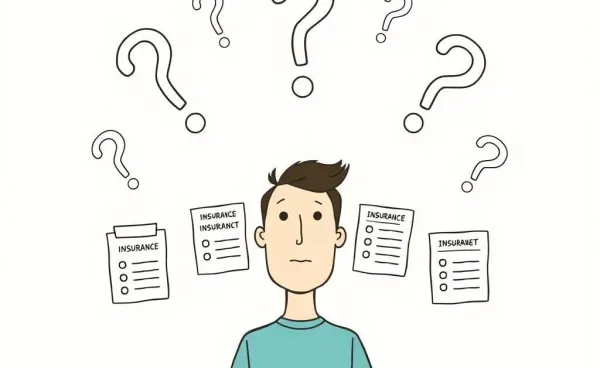How to Protect Yourself from Credit Agencies Selling Your Data
Learn practical tips to safeguard your personal data from credit agencies.
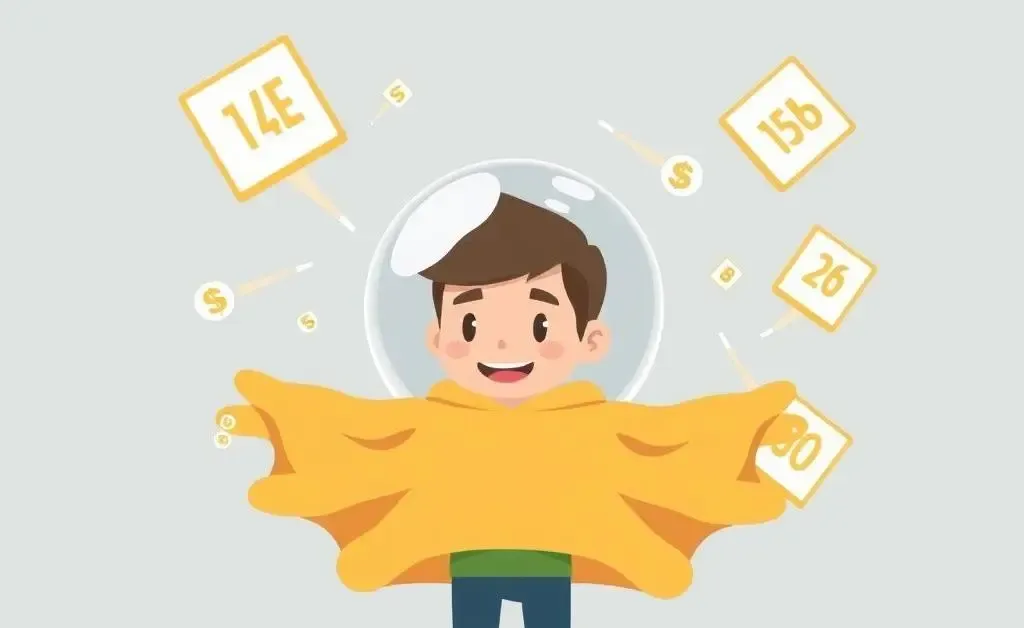
Ever wonder if your personal information is being sold without your knowledge? It’s a bit unsettling to think that credit agencies might be sharing your data without your consent. Let's dive into how you can protect yourself and your financial information.
Understanding the Risks
First things first, why should you care? Well, credit agencies often have access to a lot of your personal data, from your social security number to your spending habits. If this data ends up in the wrong hands, it could lead to issues like identity theft or spam marketing.
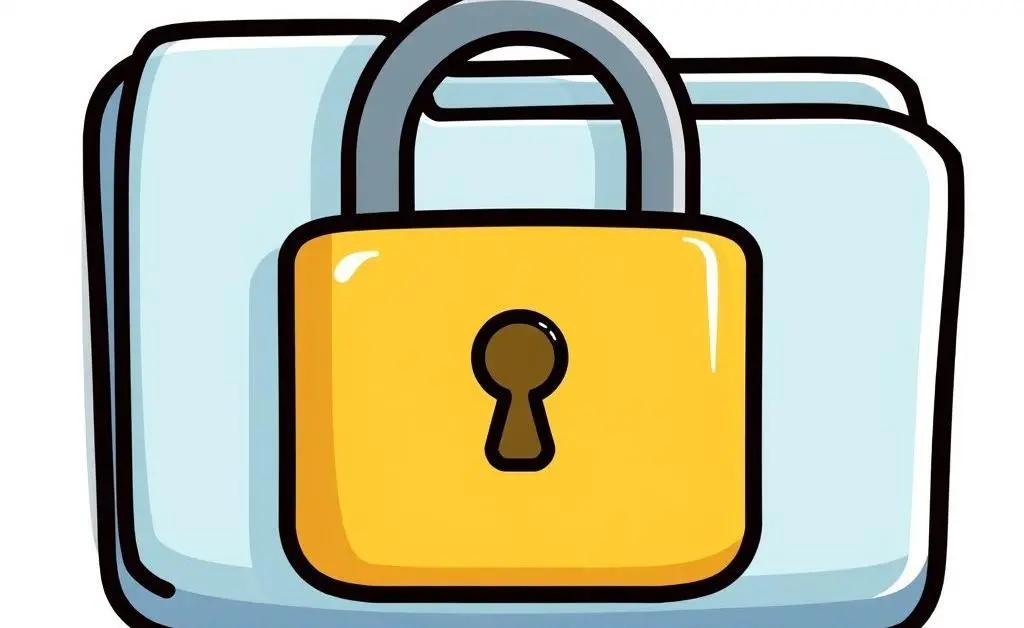
Common Concerns
Here are some concerns most people have:
- Privacy: How much of your daily financial activities remain private?
- Security: Is your sensitive data safe?
- Consent: Are you given a choice before your data is sold?
Steps to Secure Your Information
Luckily, there are ways to take control. Let me share a quick story. A friend of mine, Tom, once got frustrated after a credit card offer mail storm. Turns out, his data was indeed sold. Here's what he did to fix it.
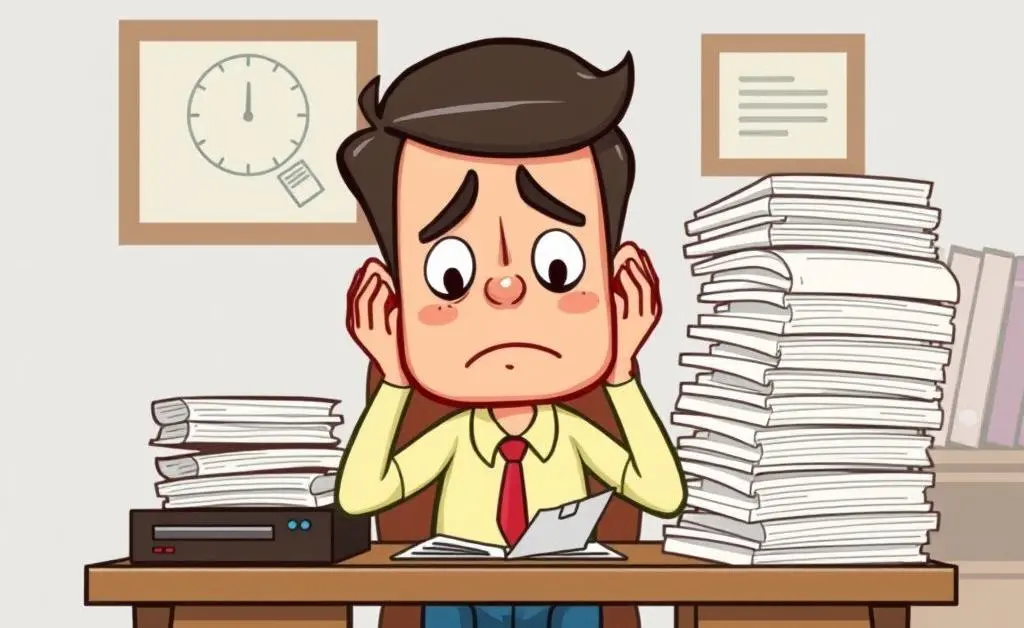
1. Freeze Your Credit
Consider putting a freeze on your credit. It makes it harder for identity thieves to open accounts in your name.
2. Opt-Out of Pre-Screened Offers
Tom opted out of pre-screened offers by visiting Opt-Out Prescreen. This significantly reduced the number of unsolicited offers.
3. Monitor Your Credit Regularly
Using services like Credit Karma or similar can help you keep an eye on any irregularities.
Making Peace With Data Sharing
Understanding how and when your information is used can provide peace of mind. Although it takes a little effort, implementing these strategies can vastly reduce your risk. And remember, maintaining a good credit score is just one more way to protect yourself.

Do you have other tips or experiences to share about protecting your personal data? I'd love to hear your thoughts in the comments!

